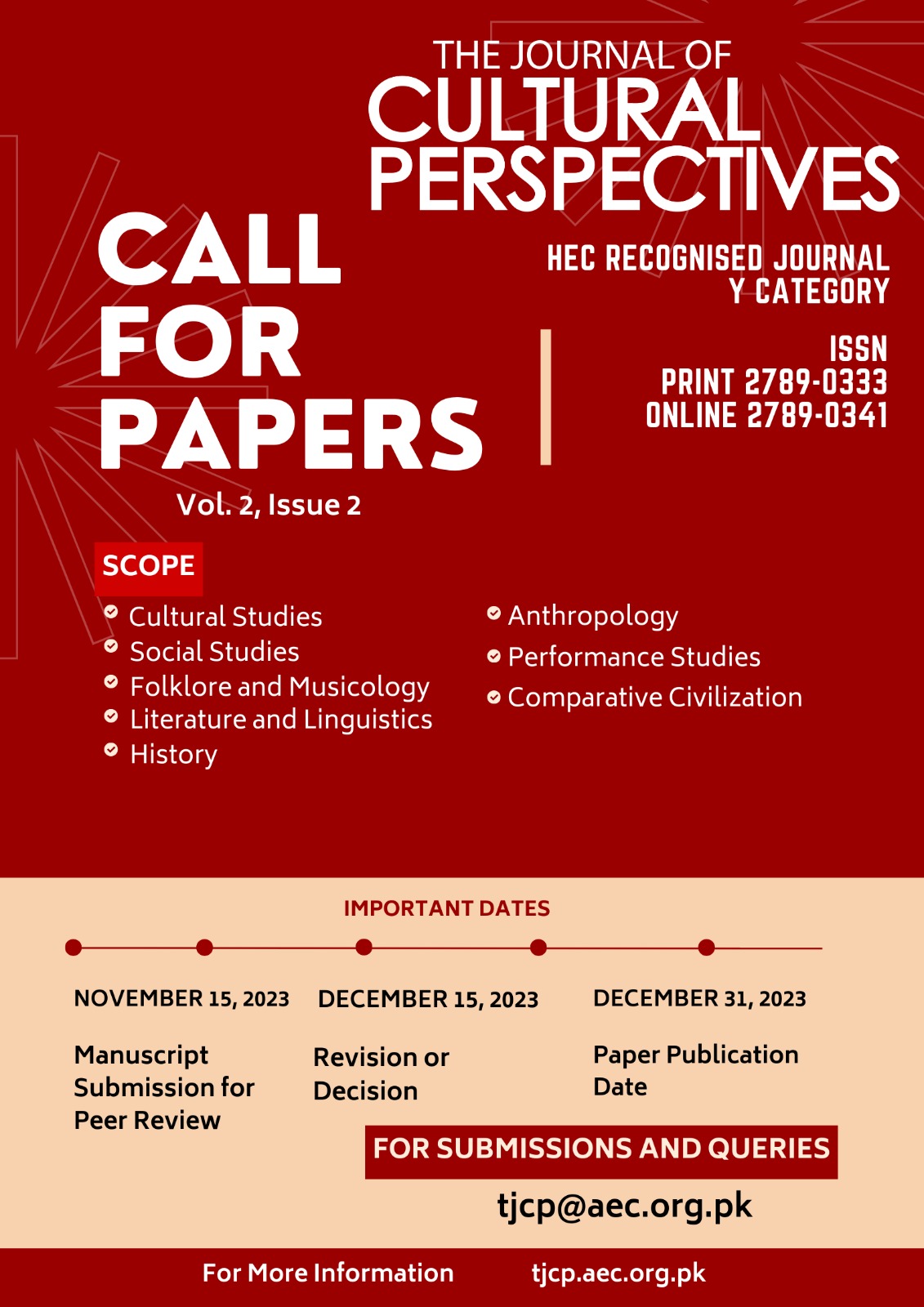
This comparative study explores early Punjabi poetry by Baba Farid, Kabir, and Guru Nanak, focusing on their depictions of resistance against authority and societal injustices. Contextualizing their works within cultural, historical, and literary realms, the research aims to reveal the poets' significance in challenging prevailing norms. Often associated with Sufism and spiritual themes, this inquiry unveils their distinct narratives of resistance, emphasizing their engagement with socio-political upheavals. Addressing a critical gap in existing scholarship, this study uncovers multifaceted layers of resistance within these poets’ works, shifting focus from common themes to their profound critiques of established authority and societal norms. The primary objective is a meticulous analysis of resistance threads in the poetry of Baba Farid, Kabir, and Guru Nanak. Using a comparative analytical approach, the study deciphers their resistance against local or foreign authorities, societal injustices, and inherent human vices. Methodologically, the inquiry employs critical literary analysis, embedding poems within historical and cultural contexts. Scrutinizing textual nuances, the study identifies subtle resistance elements in these influential figures' poetry. In exploring these poets' underexplored dimensions of resistance, this research significantly contributes to understanding resistance, authority, and societal critique within the early Punjabi literary landscape.